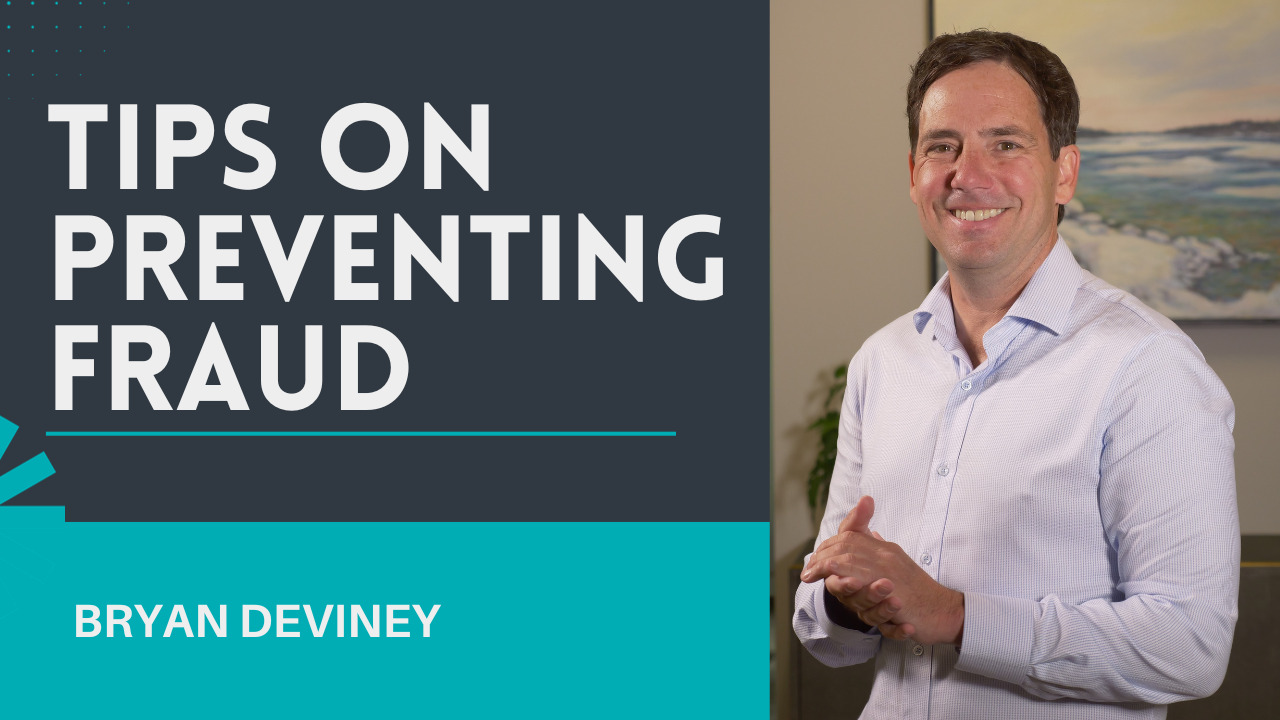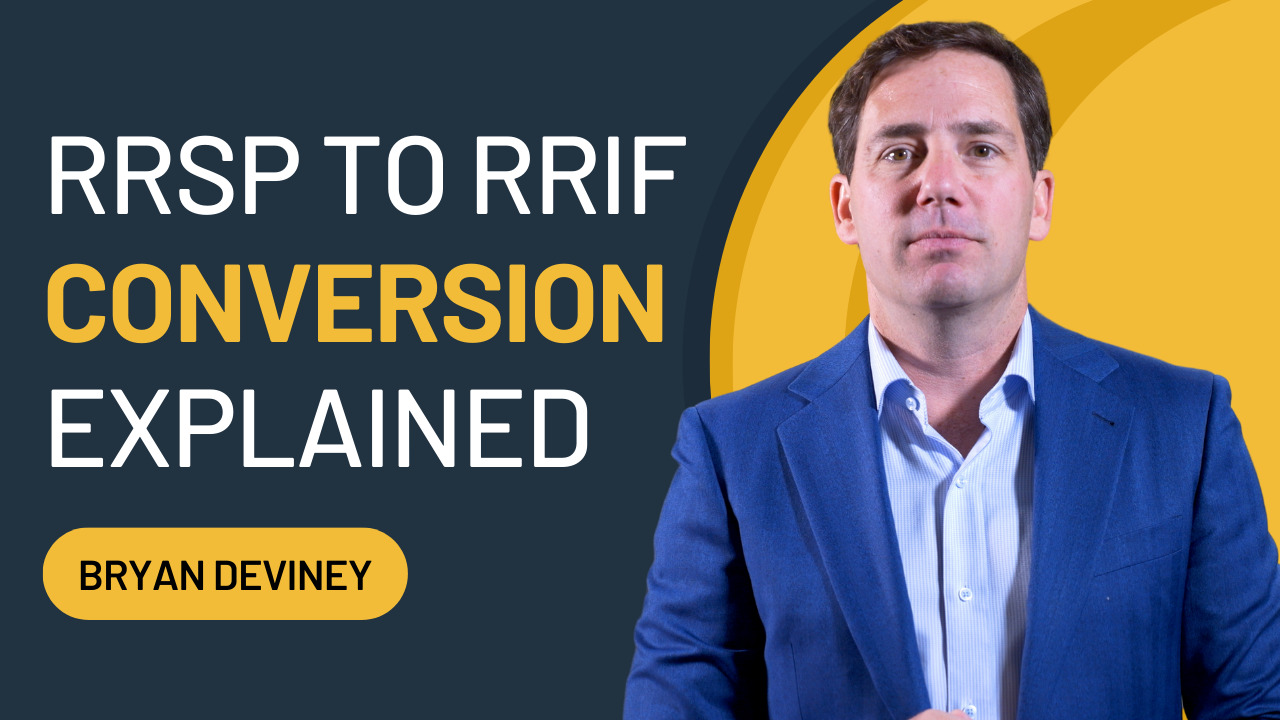
Tips on Preventing Fraud
A few weeks ago, I was sitting outside enjoying a summer evening and my phone rang with an 800 number. Like I seem to do a dozen times a day I declined the unknown call. Then, surprisingly, the number popped up again. Perhaps this was something relevant. I answered and on the other end was an articulate man with a francophone accent who claimed to be from my bank.
He informed me that there were some suspicious transactions in Montreal that he wanted to review. I told him that I did not make those transactions but that unauthorized Montreal-based transactions had gone through before. He projected competence, care and was gaining my trust. It felt like he was trying to help me.
Then, he needed to verify my credentials and wanted information. That changed everything. He called me – not vice versa. So, I declined and thanked him for his time. I called my bank and they had no record of any suspicious transactions.
“These are sophisticated actors” I thought to myself. This episode reinforced the reality that we need to be diligent and protective in our on-line and real lives.
Below are a half dozen suggestions to help keep you protected.
Let’s first start with our on-line presence.
Double Authentication. If you are offered the opportunity to enact double authentication, take it. This is where you enter your username and password along with a code received by text message. This essentially brings your verification into both the digital space, meaning your username and password, and the physical space, meaning your phone. Even if they crack your password, it is unlikely that a hacker will have physical access to your phone.
Strong Passwords. The days of using Password123 as a password and then updating it to Password456 are gone. Today, you need robust passwords that contain letters, numbers and symbols.
A trick I learned was to create a silly phrase that you could remember. Say: “Reese Pieces are the best to eat”. Condense that to RPrthebest2eat then add in your wedding year and an exclamation point. RPrthebest2eat1970! Now you have something more robust.
Even better is to use a password manager. Personally and work-wise we use a password manager called 1Password. It creates and stores wildly complex passwords like kge@cmt5ytj2QGK-rpu – and you don’t need to remember them. You create one master password that gives you access to all your passwords. A service like this costs about $5 a month.
Whatever you do please don’t store your passwords in a file called Passwords.
Limit Your Public Information On Social Media. When a bad actor is attempting to steal your identity a central piece of information needed is your date of birth. That may be openly available on social media. When you originally opened your FaceBook account, for example, you likely made your full birthdate public. Please go into your settings and ensure this information is private. Even more, hide the year and only make the day / month viewable to your friends.
Now, let’s look at our physical dealings.
Shred Shred Shred. Be sure to shred any sensitive documents and those with your personal information. For even seemingly innocuous letters tear off your name and address for shredding and recycle the rest. You never know where bad actors might start. And, shredding can be a pain if you have a home unit. I save all my shredable documents over the course of a year and bring them into the office for shredding once a year. My cue to shred – when my tax return is accepted by CRA. For you, our clients, feel free to bring in you shredables at your next meeting. Bags and boxes are welcome.
Be Aware. Check your bank and credit card transactions routinely and if one item appears off call the financial institution. In my experience, the transaction is usually legitimate and I’ve forgotten about it or don’t recognize the vendor’s name. If there is a problem, they are generally quick to resolve the issue. It is worth a 10 minute phone call to verify.
Don’t Answer Unknown Callers. Here’s a straightforward one – Don’t answer unknown callers. Look at my example. It can be easy to get lured into a compromising conversation. Bottom line – if the call is important they’ll leave a message.
You Aren’t Obliged to Answer Your Door. We’ve all grown up duty-bound to answer the door and greet visitors. Like the phone, we are not obligated – we are in our home. Check your peephole first. You don’t need to have a conversation about a new Internet Plan or charitable donation if you don’t want to. In fact, it is illegal in Ontario for someone to try and sell you a furnace, water heater, duct cleaning services or something like that door-to-door.
If you find yourself in an uncomfortable conversation say that you appreciate their time but that you need to discuss this with your spouse, parent, adult child or neighbour.
I’m sure you know someone or have experienced fraud or pushy sales tactics firsthand. It seems like it is part of life these days and we all need to maintain a strong defence to protect ourselves.
Let us know if you have any questions and be sure to bring in your shredables the next time you come in.

The opinions expressed are those of the author and not necessarily those of Assante Capital Management Ltd. This material is provided for general information and the opinions expressed and information provided herein are subject to change without notice. Every effort has been made to compile this material from reliable sources however no warranty can be made as to its accuracy or completeness. Before acting on the information presented, please seek professional financial advice based on your personal circumstances. Assante Capital Management Ltd. is a member of the Canadian Investor Protection Fund and the Investment Industry Regulatory Organization of Canada.
Privacy | Disclaimer | © 2019 Assante Wealth Management
Know your Advisor: IIROC Advisor Report
Assante Capital Management Ltd. is a Member of the Canadian Investor Protection Fund and Investment Industry Regulatory Organization of Canada. The services described may not be applicable or available with respect to all clients. Services and products may be provided by an Assante advisor or through affiliated or non-affiliated third parties. Some services and products may not be available through all Assante advisors. Services may change without notice. Insurance products and services are provided through Assante Estate and Insurance Services Inc.






